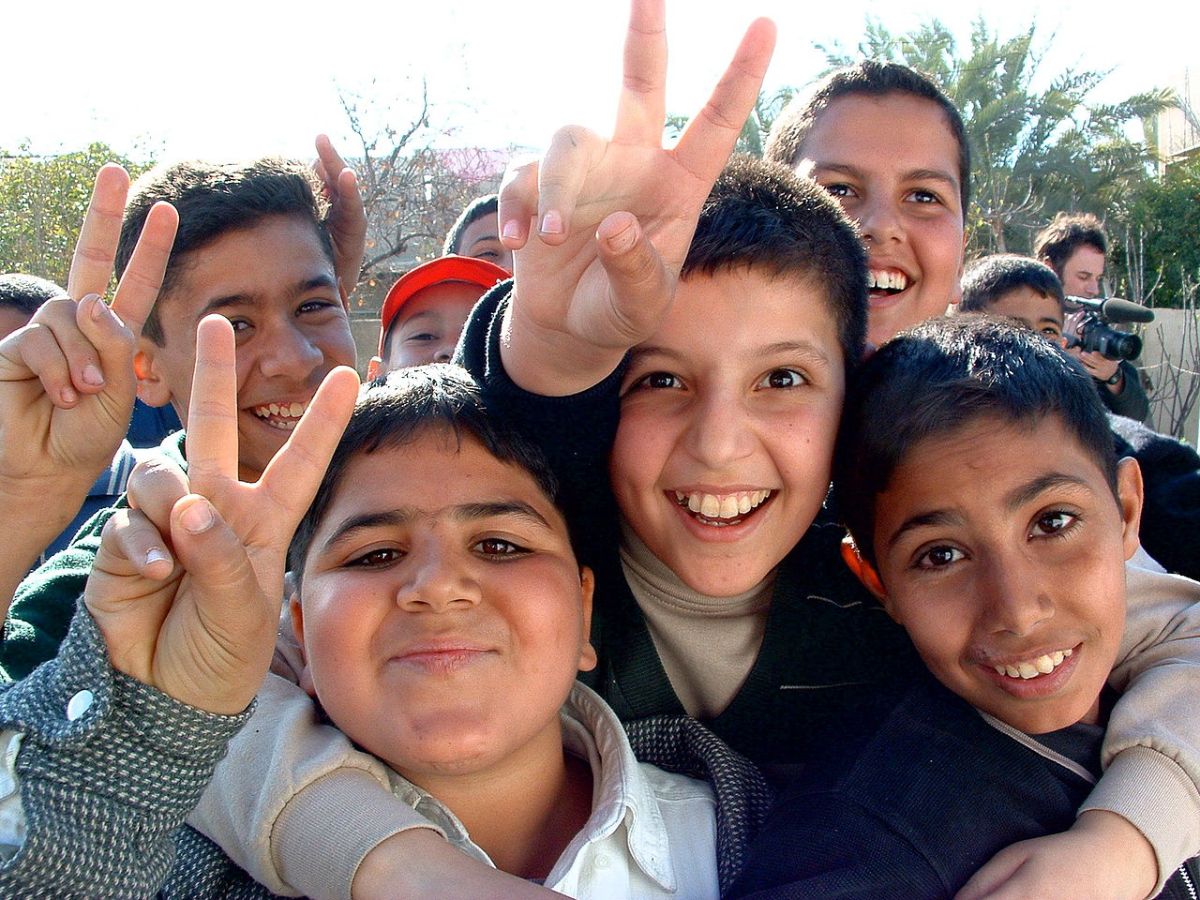Five days after the Dec. 2, 2015 terror attack that killed 14 people and injured several dozen in San Bernardino, Calif., Republican presidential hopeful Donald Trump issued his now infamous statement calling for the ban of all Muslims traveling to the United States.
In Trump’s words, the complete ban of Muslims would continue until “our country’s representatives can figure out what is going on.”
But Trump isn’t the only candidate vying for the Republican nomination who has proposed controversial policies aimed at Muslims. After the horrific Brussel bombings in March killed 32 people in a coordinated assault on Belgium’s transportation network, Sen. Ted Cruz (R-TX) said law enforcement in the United States should “patrol and secure” so-called Muslim neighborhoods in order to prevent radicalization. Cruz’s proposal was met with stiff criticism from New York Police Department Commissioner Bill Bratton, who, ironically, inherited a police force that conducted widespread surveillance of Muslim Americans in the city and Long Island after the Sept. 11, 2001 attacks. By the department’s own admission, the NYPD operation, which also included New Jersey, did not lead to a single criminal investigation.
But even before blood was shed in San Bernardino and in Brussels or in Paris—where 130 people died in a wave of bombings and shootings last November—American elected officials had been adamant about not permitting Syrian refugees into the country despite the United States’ already rigorous refugee resettlement process—protocols that could take up to 18 to 24 months to complete before an applicant is allowed into the country.
The concern is that Islamic State-inspired terrorists could hit American cities just as they’ve done to Brussels, Paris and even Istanbul, which has been on the receiving end of extremist attacks in recent months. But a new report called the “Arab Youth Survey” may allay some fears about whether the self-proclaimed Islamic State’s message is resonating with Muslim youth.
Published earlier this month by Dubai-based public relations firm ASDA’A Burson-Marsteller, the study found that the overwhelming majority of Arab youth reject ISIS’ message and its tactics. The survey drew responses from hundreds of young Arab men and women from 16 countries in the Middle East. Syria, however, was not included in the report due to its ongoing civil war and the multi-national coalition’s counterattack on ISIS.
More than 75 percent of those polled said they were concerned about the rise of ISIS, and another 76 percent said they do not believe the group will succeed in establishing a caliphate in the region. Another 78 percent rejected the group outright, according to the survey. And half of those surveyed said they believe ISIS is the preeminent issue facing the Middle East, followed by terrorism and unemployment.
The lack of jobs in the region is seen by those polled as the top recruitment tool for ISIS. With one in four 15- to 24-year-olds unemployed, the Arab world boasts the highest youth unemployment rate in the world. Only 44 percent of youth workers believe there are good job opportunities where they live. Not surprisingly, residents of war-torn Yemen and Libya appeared the most pessimistic about jobs, with only 16 and 22 percent, respectively, stating they believe good jobs are available to them.
When respondents were asked if they would eventually support ISIS if the group weren’t so violent, the vast majority, 78 percent, said they wouldn’t.
“Most heartening is how little appeal extremist groups like Daesh (ISIS) actually have among young people,” the survey’s authors wrote. “The group’s savage tactics and twisted interpretation of Islam are roundly rejected by the overwhelming majority of young Arabs.”
In the report, Hassan Hassan, a resident fellow at the Tahrir Institute for Middle East Policy, in Washington, D.C., said that ISIS “exploits existing problems.”
He divided sympathizers of ISIS or Daesh, as it’s also known, into three categories: radical Muslims, religious novices who have been “brainwashed,” and those who have been “disillusioned” by the political process in their home country.
“Many people in the region may reject Daesh due to its extreme tactics, but the issue remains that the group exploits existing problems,” Hassan said. “It did not simply invent the problems the responders identified as factors. Daesh, put another way, is a symptom of a growing disease that needs to be tackled, and not just the disease itself.”
Hassan also rejected the notion that military might alone could solve the world’s ISIS problem.
“The organization thrives on political, economic, social and religious failures,” he said. “Daesh may weaken and disappear, but the underlying sickness will remain, and similar groups will emerge if that sickness is not addressed. The survey’s findings should be a reminder to everyone that Daesh did not simply materialize out of thin air.”
(Photo: Iraqi boys in 2003 giving peace sign. Credit: Christiaan Briggs)




































